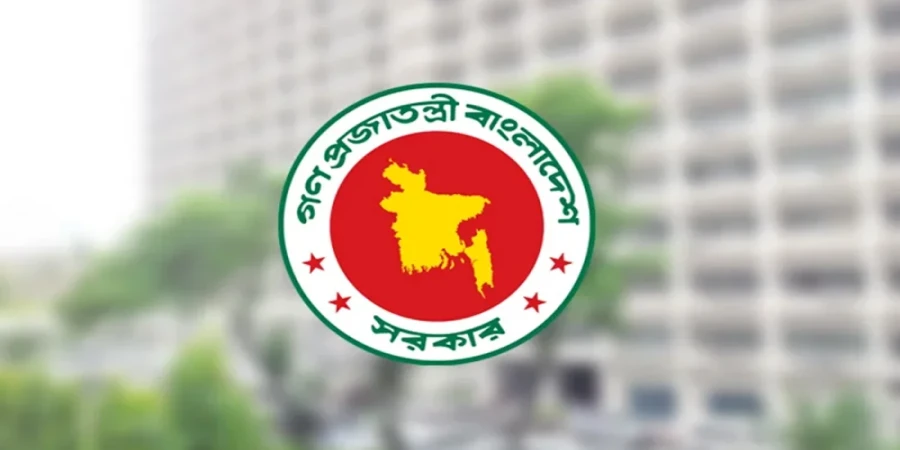
ছবি: Photo: Collected
The Cabinet Division has yet to prepare the annual performance reports for the 2023-24 fiscal year, leaving policymakers, advisors, and secretaries in the dark about the government’s achievements and challenges. These reports, which are typically presented to the cabinet for approval, serve as a critical tool for assessing the performance of various ministries and departments.
Sources within the Cabinet Division and other ministries confirmed that the delay has hindered decision-makers from understanding both local and global challenges facing the government. The annual reports, akin to balance sheets in financial institutions, provide a comprehensive overview of the activities of government offices, departments, corporations, and ministries.
Traditionally, the reports for the previous fiscal year are presented to the cabinet or advisory council in November. These reports include detailed analyses of challenges overcome, warnings about upcoming local and global issues, and strategies for addressing them. They also highlight losses incurred by state-owned enterprises, reasons for those losses, and plans for recovery. Additionally, the reports outline anti-corruption measures taken by the Anti-Corruption Commission (ACC) and irregularities identified in various departments.
When asked about the delay, Additional Secretary of the Cabinet Division Yasmin Begum told Desh Rupantor, “It is true that the annual report for the 2023-24 fiscal year has not been presented to the advisory council. However, there is no legal obligation for the report to be approved by the council.”
The last annual report, approved for the 2022-23 fiscal year, spanned 555 pages and included an executive summary of the government’s macroeconomic and development programs. It covered topics such as audit objections, disciplinary actions, lawsuits against the government, foreign visits by the Prime Minister, and administrative measures related to ministerial and secretarial tours. The report also provided year-on-year statistics on law and order, including crimes such as robbery, theft, acid attacks, arms and explosives use, rape, and violence against women.
The 2022-23 report identified 22 challenges, including controlling seasonal diseases like dengue, managing monetary policy amid global crises, increasing foreign reserves through remittances, and exploring new labor markets in Europe, Latin America, and Asia. It also emphasized the need for technical training for overseas workers and the creation of an online database to prevent duplicate benefits under social safety net programs.
The report highlighted the loss of agricultural land due to unchecked construction and infrastructure projects, labeling it a significant challenge. It also listed completed projects and provided financial details of loss-making and profitable state-owned enterprises. For instance, 35 government institutions incurred losses totaling Tk 5,400 crore, while 58 others generated profits of Tk 20,262 crore.
A secretary, speaking on condition of anonymity, told Desh Rupantor, “The annual reports are not just presented to the cabinet; they are also discussed in multiple secretary-level meetings organized by the Cabinet Division. These meetings provide insights into the challenges, risks, and opportunities across all ministries, enabling better decision-making.”
A Cabinet Division official suggested that the current government’s reluctance to publish the report may stem from its inclusion of decisions and photographs from the previous Awami League-led administration.
Former Secretary Abdul Awal Majumdar emphasized the importance of preparing the report, stating, “Although the environment was not conducive this year, the annual report should still be compiled. It serves as a record of performance and helps in future planning.”
The delay in preparing the annual report has left policymakers without a crucial tool for understanding the government’s performance and planning for future challenges.
repoter






